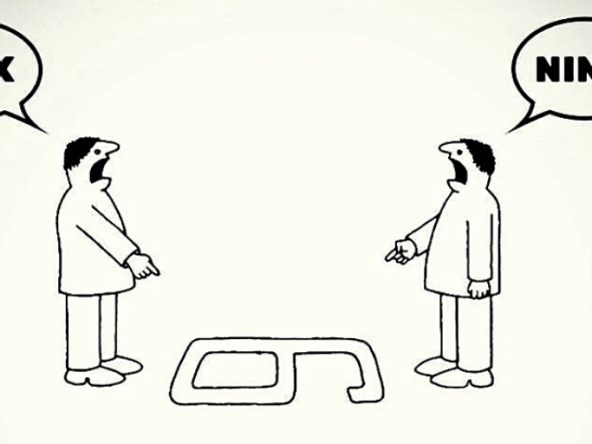First published on June 15, 2014
The first time I said this statement in the presence of my wife, she looked at me stunned and she refuted my claim. I went on to explain my point.
You see, if you work for a bank, you have many privileges that the rest of us don’t. Take an example of buying a 2 bedroom apartment off Mombasa road or in Ruaka, a few kilometers from Village Market and near Runda Estate for Kshs 4.5M. This would be an ideal house for a single person or a young family. Let’s also assume that you are able to raise a 20% deposit for the house and the mortgage term is 20 years.
Here’s the list of reasons I gave her.
- Majority of the banks give their employees mortgages at below market rates. Some banks go as low as 5% per annum on mortgage rates for their staff. For the house we mentioned above, you would be paying mortgage installments of only about Kshs 23,000 per month. If you got a tenant for that house and charge a reasonable rent of Kshs 20,000 per month, you will only have to part with as little as Kshs 3,000 per month to top up on your mortgage payments. If you don’t want to let it out, then you will be paying the Kshs 23,000 not as rent but as mortgage payments. How much rent are you paying now and yet that house will never be yours?
- The bankers have privileged information about which houses are going to be auctioned. Instead of just following up on which Marcedes Benz is being auctioned, you can try to buy the houses on public auction which will in most cases sell at about 30% lower than the market rate.
- If the banks are willing to give 105% mortgage financing to “the rest of us” how much more will they be willing to give you since your job is secure and incase, God forbid, you die, the mortgage insurance will repay the balance of your mortgage and your people will be left with a roof over their heads. So in case you can’t raise the 20% deposit, then you could still apply for the mortgage.
- If your bank is financing a particular developer, you could buy one of the units off plan i.e., before they are built and you will save up to 25% of the sale price. In case something goes wrong, your money will still be safe since it’s your bank (read employer) who financed the development and they will see to it that they do not incur losses.
- When you buy the house, you could use it as collateral to get another loan and maybe invest in a business or a second house.
We live in a generation where we want instant things. They say, “ ikiwa sio sasa, ni sasa hivi” loosely translated to mean that if not now, it’s right now. With real estate, you have to be patient. If you don’t want to work as a banker for all the 20 years of the mortgage, you could make lump sum payments over time and finish your repayments in maybe 10 or less.
This scenario also applies to the civil servants in higher pay grades. The Government offers mortgages to its employees at negotiated rates of about 5%. Some blue chip companies have also negotiated interest rates for their staff. Ask your Human Resource Officer if your company has such arrangements. If not, ask them to approach their main bank and ask for a competitive rate.
Remember, when you stop working for any of these employers, you will join the “real world” where we pay interest rates of as high as 18% per annum. So, for now, get the mortgage and “overtake” the rest of us when you still can.
Let me end with a story. There is this lady who worked diligently for a bank for 10 years. During this time, she took a mortgage and bought an apartment in Parklands for Kshs 8M. By the time she left the bank, she was able to sell it off for Kshs 17M. She was able to make a “clean” Kshs 9 million in “profit” and she started the wholesale business she had always dreamed of.
What will your story be 10 years from now?
Kariùki Wawerù


